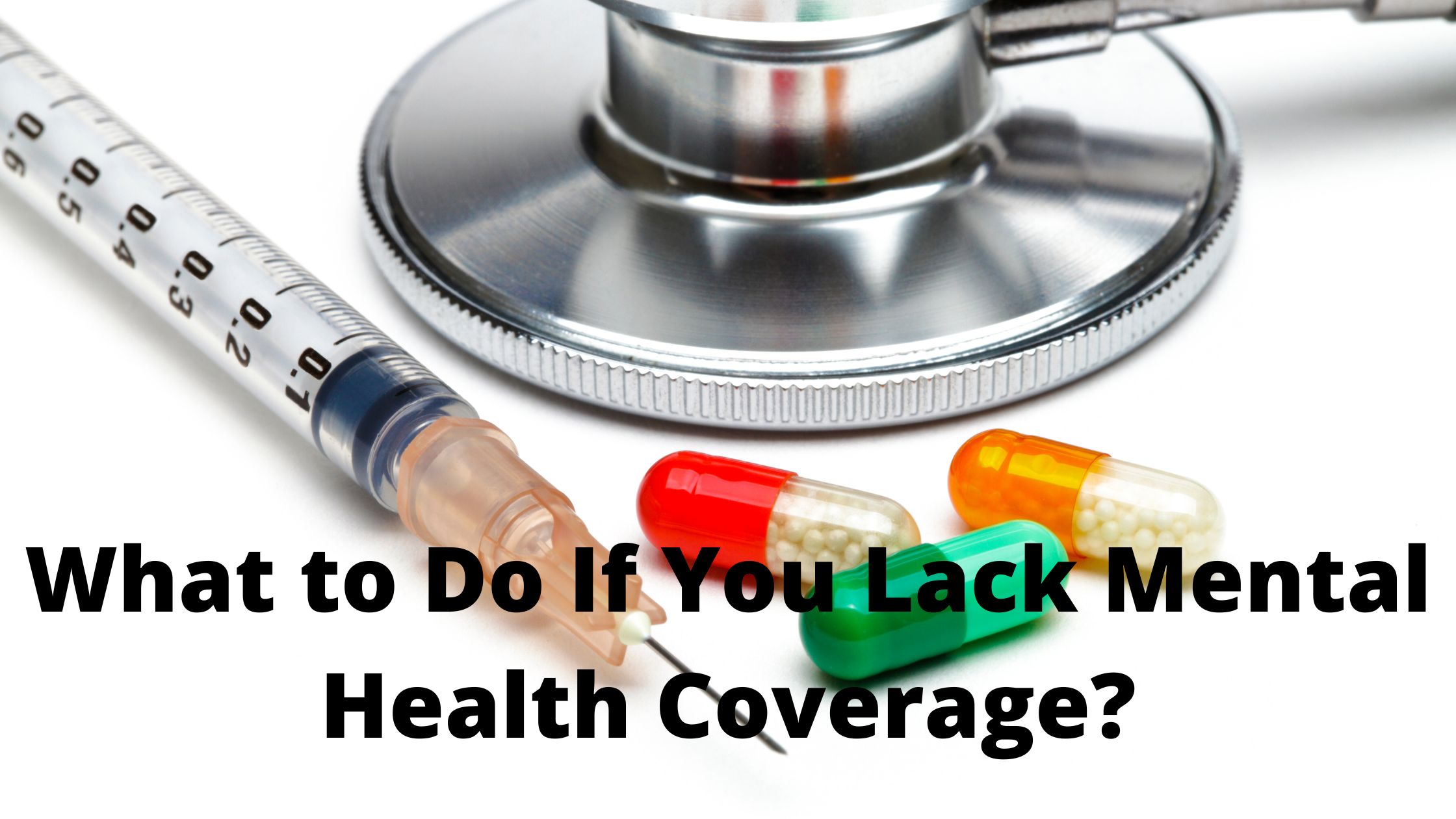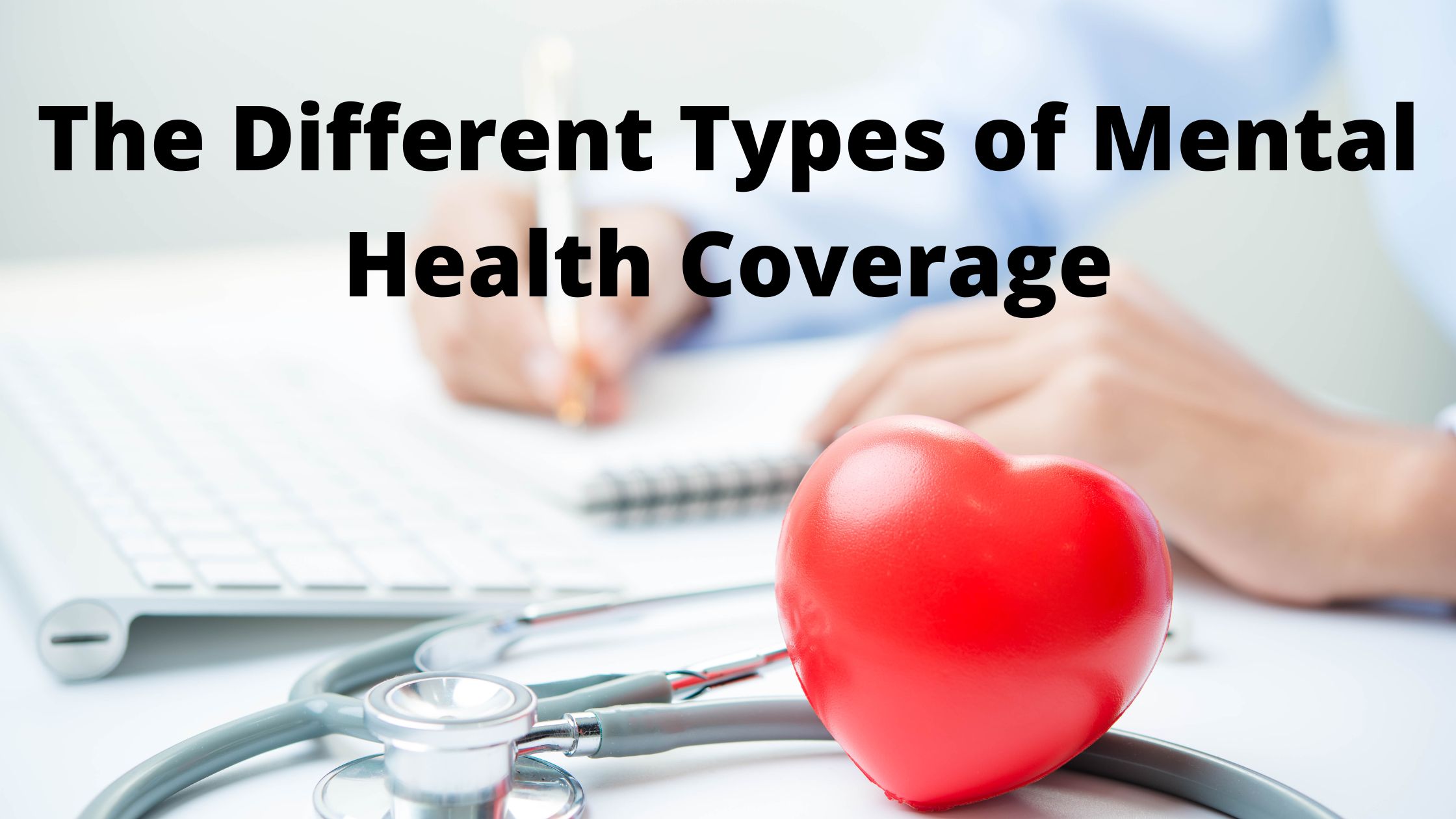Mental health coverage is a much-needed thing, especially in today’s world. Mental health issues affect millions of people all over the world, and yet they often go unacknowledged and untreated. This can be devastating for the person experiencing mental health issues, as well as their loved ones. If you’re curious about mental health coverage and why you need it, read on for more information!
Mental Health Coverage in the U.S.
Mental health coverage has been growing in popularity in the United States over the past few years. In fact, nearly half of all adults (47%) now have mental health coverage, up from only 29% in 2006.
Why is mental health coverage becoming more and more popular? One reason is that mental health disorders are now considered an “official” disease by the Centers for Disease Control and Prevention. This means that insurers are required to cover mental health services just like they cover medical services. Mental health coverage also offers financial protection in the event of a physical illness or injury.
What should you do if you need mental health coverage? If you think you may have a mental health disorder, it’s important to talk to your doctor. Your doctor can help you determine if you need mental health coverage and whether it’s available through your insurance plan.
If you don’t have insurance and need mental health services, there are a number of resources available to help pay for them. The National Alliance on Mental Illness (NAMI) offers a list of local support groups that can assist with finding financial assistance. You can also look into state-run programs like Temporary Assistance for
The Different Types of Mental Health Coverage
Mental health coverage can be essential for people of all ages. Mental health can include issues like anxiety, depression, and bipolar disorder. Mental health coverage can come in different forms, including individual or family health insurance, government-sponsored programs, and employer-sponsored plans.
There are many reasons to have mental health coverage. For one, mental health conditions can be very serious and difficult to treat. If you have a mental health condition and don’t have insurance, you may not be able to get the treatment you need. Additionally, untreated mental health conditions can lead to increased rates of suicide, addiction, and other problems.
Mental health coverage can also help reduce the cost of care. If you need mental health care but don’t have insurance, you may end up paying out-of-pocket for treatment. With mental health coverage, your insurer will cover most or all of the costs of care. This can save you a lot of money.
Mental health coverage is important for everyone. If you are worried about your own mental health or that of someone you know, talk to your doctor or therapist about getting screened for mental health conditions. You may also want to look into
The Different Benefits of Mental Health Coverage
Mental health coverage is important for many reasons. Here are some of the most important benefits:
– Mental health coverage can help pay for treatment costs if you experience a mental health issue.
– It can provide peace of mind in knowing that you are covered in case of an emergency.
– It may also help prevent psychiatric issues from developing in the first place.
– Coverage can also help financially support your family if you are diagnosed with a mental health condition.
What to Do If You Lack Mental Health Coverage?
There are a few things you can do if you don’t have mental health coverage. First, talk to your doctor about whether or not there are any other options available to you. Second, look into getting mental health coverage through your job. Third, consider joining a mental health benefits program through an insurance company or government program.
Conclusion
Mental health coverage is something that a lot of people don’t think about until they start experiencing symptoms. Mental health conditions can vary significantly in terms of the severity and duration of symptoms, so it’s important to have access to treatment options that are best suited for you. It’s also important to remember that mental health conditions aren’t just “mental illnesses,” and many people experience them without ever qualifying for a diagnosis. If you or someone you know is struggling with mental health issues, make sure to speak to your doctor or other healthcare professionals about whether mental health coverage might be right for you.

